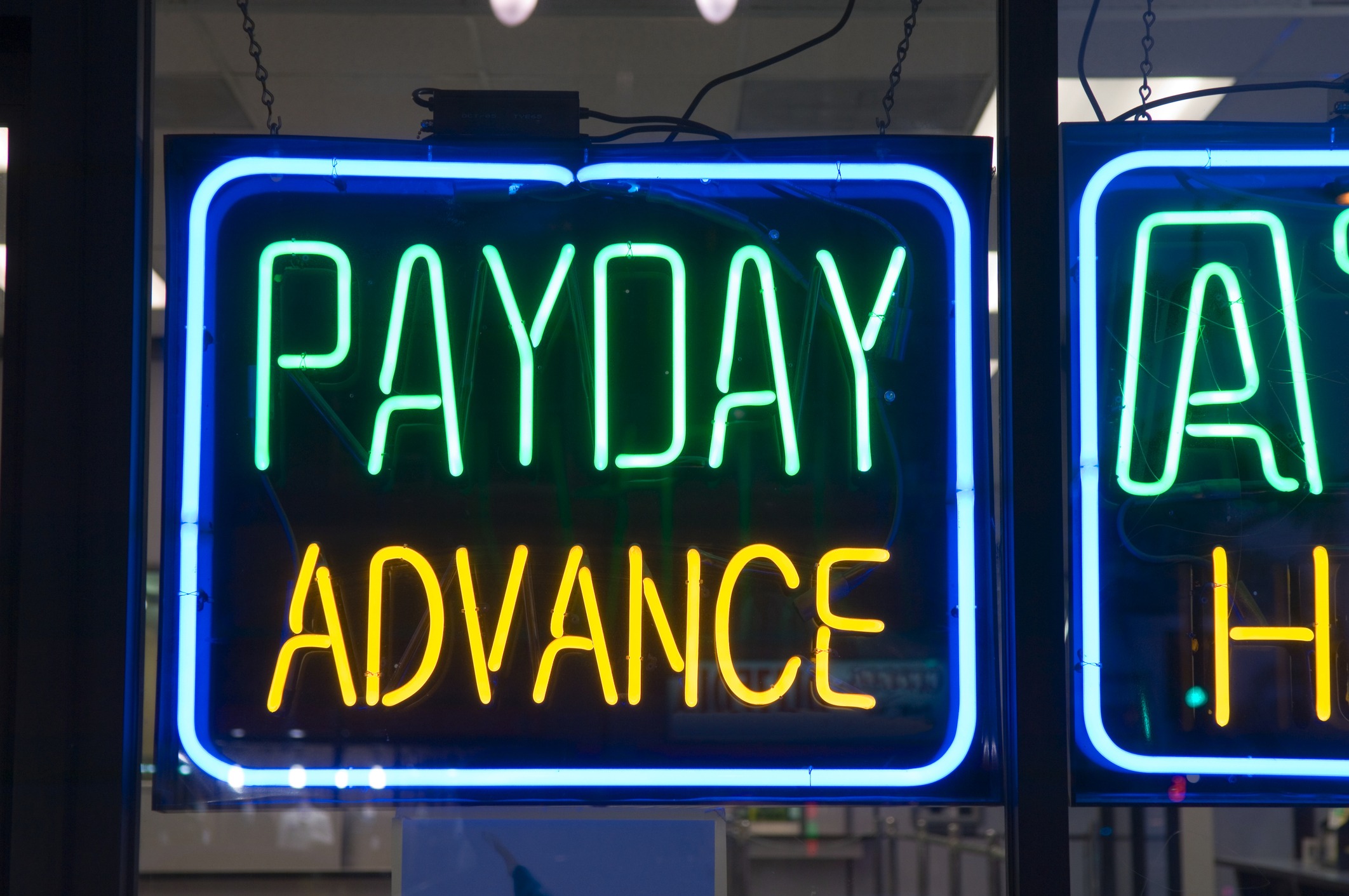3 simple strategies to avoid being caught in the debt net in your ‘after school’ years
Retirement. No more marking. No more ringing bells (of the alarm clock or school kind). No more mounds of debt.
Or at least, that’s what you want to be striving for.
Yet according to a recent survey, 20% of Canadian retirees are still paying down their mortgages and 66% are continuing to hold credit card debt.
“Entering retirement with debt is very risky,” says Educators Senior Financial Advisor Phil Blouin. “With interest rates on the rise in recent years, more cash flow will have to be used to service debt payments—and that cuts into your pension income. That’s definitely something you want to avoid.”
So how do you avoid carrying debt into retirement?
Phil suggests that education members pay off as much debt as possible while still working. “I tell my clients to use their tax refunds towards debt repayment. Once you no longer have CPP and EI deducted from your pay, redirect this money towards your debt as well.” For most classroom teachers, this will typically occur in July, so until the end of the year they can funnel another $200 per paycheque into debt payment.
Expecting a tax refund? Here are 6 ways to make better use of your tax refund.
Phil adds, “If you have a number of high-interest debts, look to consolidate them into one low-interest loan. Besides saving a ton of money (now that you’re no longer making multiple high-interest payments), having one payment is far easier to manage and will help you to gain better control of your money.”
Did you know Educators Financial Group offers low-interest lines of credit, exclusively for members of the education community and their family members? Click here to learn more.
Regardless of the rate, having no debt is always the best option.
To get started on your own road to being debt-free, keep these 3 simple strategies in mind:
- Pay off small balances first. You’ll have the satisfaction of making progress sooner (which can be positive motivation to keep paying down debt).
- Once one card/loan is paid off, put that newly freed-up money towards doubling-up on the next smallest debt balance to pay it off even faster. Think of it as creating a debt-paying snowball effect.
- Create a debt payment plan/timeline. This will enable you to monitor your progress, and ensure your goal to pay off your debt stays on track.
In addition to the strategies above, the sooner you sit down with a Mortgage Agent to discuss strategies to pay off debt, the better. Because the more time you give yourself to get on the right financial track before retirement, the more disposable income you’ll have when life ‘after school’ finally starts.
Need help avoiding the ‘debt net’ in retirement? Call on Educators Financial Group.
From pay grids to pension plans, we understand how your pay structure works during your working years and in retirement. Which means we can provide you with the right debt-paying strategy now to ensure your cash flow is optimized for when you need it most (i.e. your ‘after school’ years).
To plan your own debt payment strategy, have an Educators financial specialist contact you or call 1.800. 263.9541.
Further articles to help you get a better handle on debt:
- 5 credit tips to put you on a path to borrowing responsibly (and saving money)
- How to better manage your debt and save money
- 3 tips for taking your credit card debt to zero
Sources:
https://www.cbc.ca/news/business/canadians-retirement-debt-1.4547125
Brokerage license 12185
On Approved Credit


